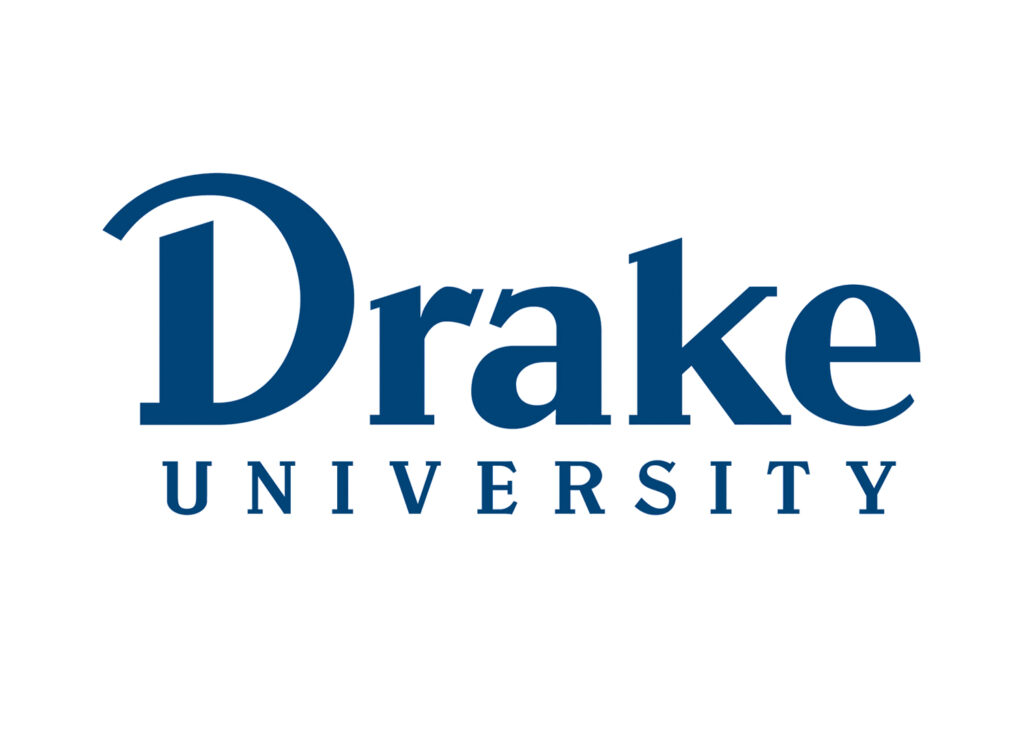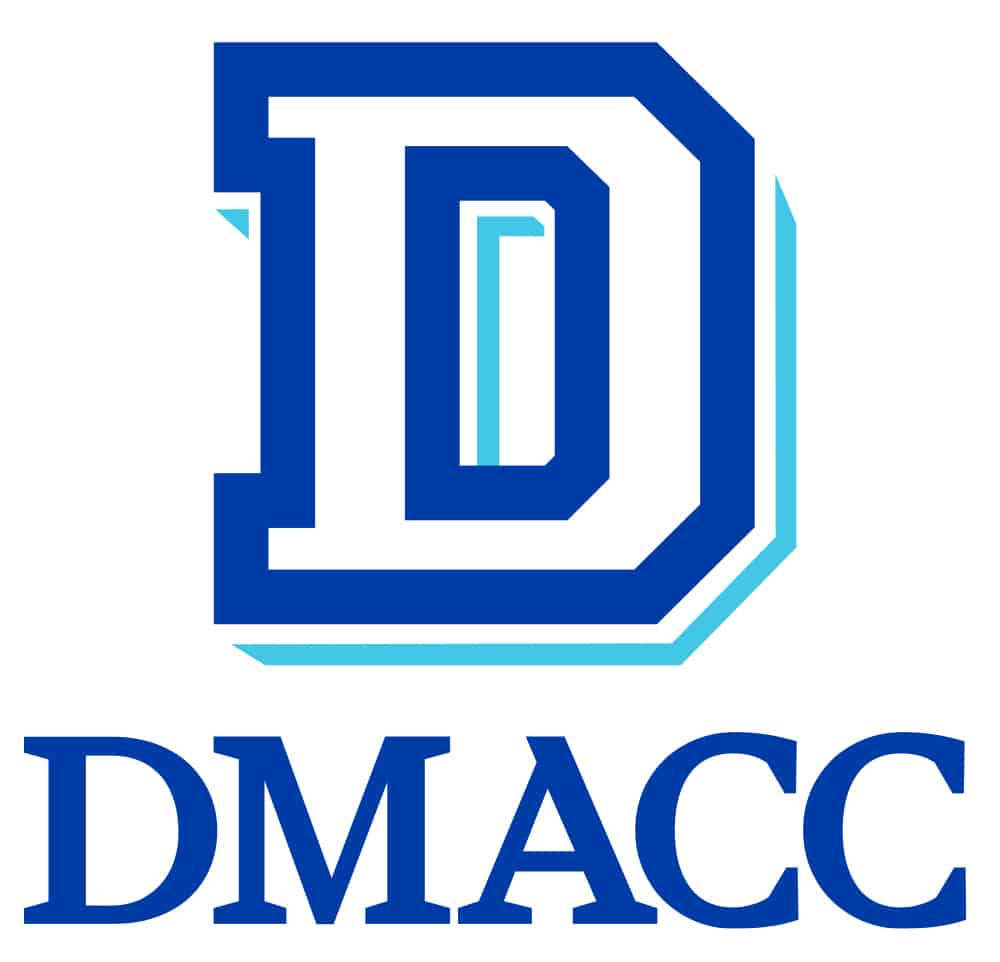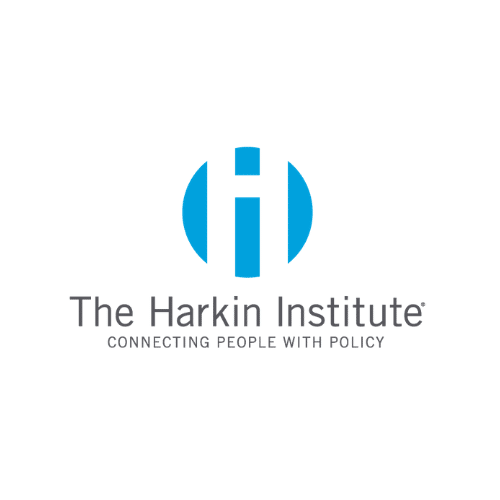Business, meet religion

If your company does business internationally or aspires to, there’s a new guy in town you should meet.
Matthew Mitchell is an assistant professor of international business at Drake University, having arrived in Des Moines this fall after completing his Ph.D. studies at the University of South Carolina. Too young and academic to act as a corporate adviser? Hang on.
When he was still in college and considering a career in the ministry, Mitchell decided he wanted to know as much about the subject as possible. “I had been a Methodist youth minister while I was in college,” Mitchell said, “and I needed to know if I was actually being called to the ministry or something else.”
Rather than just sit and ponder the question, he sold his car, stereo, furniture and a lot of his clothes – but kept his guitar and his books – and embarked on a pilgrimage that took him to 50 countries in a year and a half as he met “80 of the most fascinating people in the world” for long discussions.
He sat down with Nobel laureates, Islamic clerics and all sorts of other people. He asked them for their earliest memories about learning the appropriate use of money. He sought their definitions of globalization and how it relates to religion. He inquired about their thoughts regarding the role or purpose of global business in the world today.
See, there’s a very practical business connection after all.
He asked questions from Rome to Canterbury; he visited Buddhists, Taoists and Hindus; he traveled through India on a motorcycle. And then, he said, “I came back around the other side of the Earth with a much greater understanding of the role of religion and international business in the lives of people all over the world.”
The Indiana native spoke last week as part of an ongoing series of noontime talks sponsored by the Iowa Council for International Understanding and Pioneer Hi-Bred International Inc. He called his talk “Profits & Prophets: Doing Business Across Religious Borders,” and for the occasion narrowed his field to Israel, Egypt and Sweden. Israel for the Jewish tradition, Egypt for the Islamic and Sweden for a look at secular humanism.
Here are a handful of his many observations, most of which he also provided in one of the most detailed handouts in the history of lunchtime talks:
• The teachings of the major religions have more to do with business and finance than any other topic.
• More than half of the people he interviewed said the role of globalization is to “spread the wealth.” And they all mentioned maximizing profit.
• However, “pious people are shouting ‘Stop!’ to things that liberals regard as progress, mainly in the areas of culture, science and economics.”
A noticeable theme in Israel was that “businesses make strong investments in promotion to make people buy things they don’t need.” Yet he also heard: “I see the other as a ground of my own being; I take total responsibility for the other.”
In Egypt, he found that “globalization is profoundly anxiety-producing.” And was told: “Money is a gift from Allah, and therefore it is inherently good.”
Swedes told him that “business is a part of reaching the goals of society.” By the way, if you decide to do some deal-making in Sweden, don’t say anything disparaging about Ikea. The Swedish furniture maker is considered “the benchmark to which all other businesses are compared,” Mitchell said. More than just a source for sofas and cabinets, “Ikea is considered a force for justice and equality.”
You don’t often hear that said about American companies.
Mitchell can’t be the first to shake moneymaking and spirituality in the same test tube, but the field certainly isn’t crowded. Fortunately, he’s eager to share what he has learned. If you’d like to hear it, contact him by e-mail at: Matthew.Mitchell@Drake.edu.










